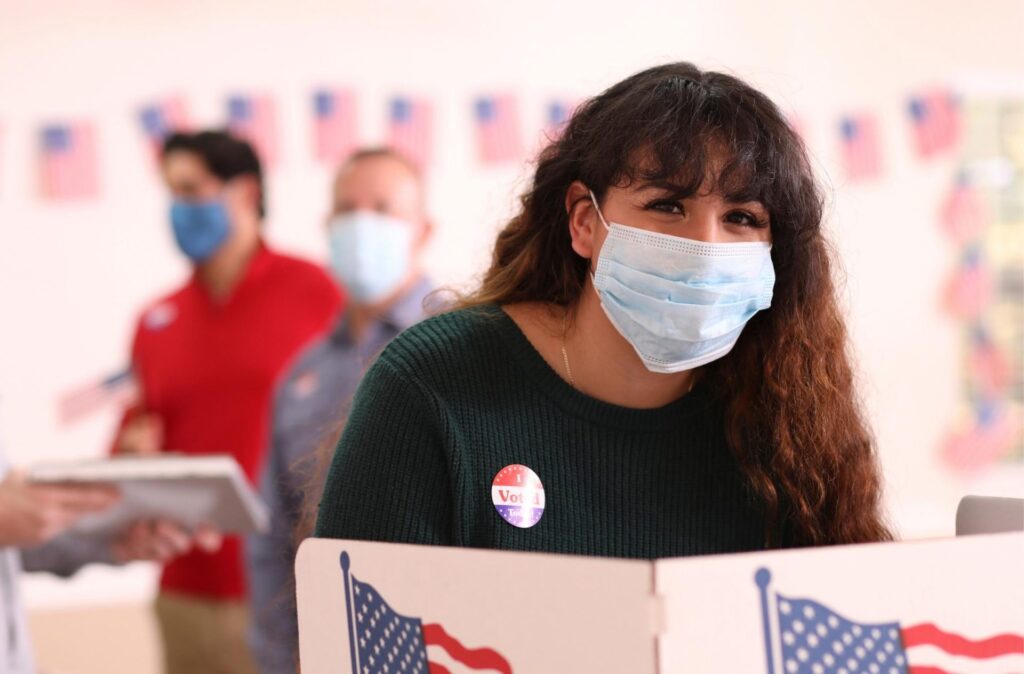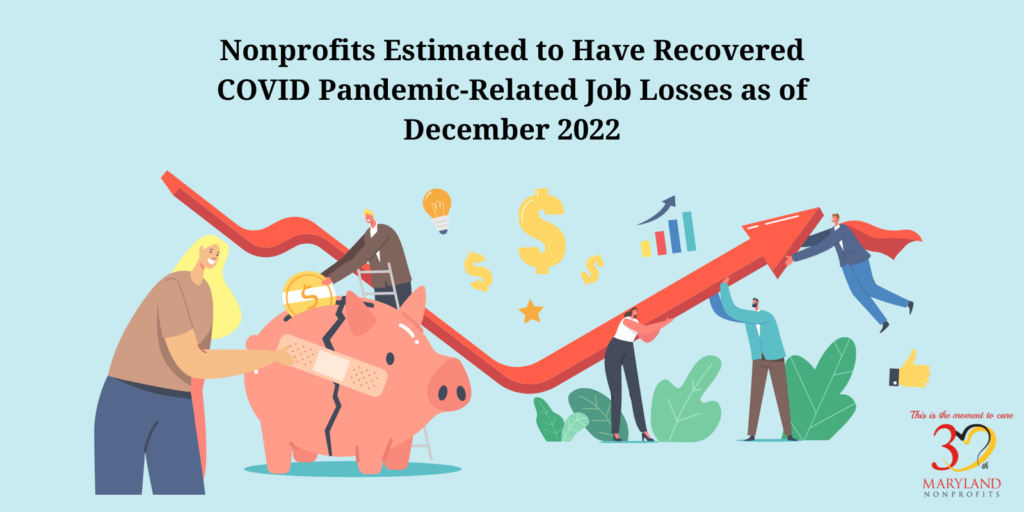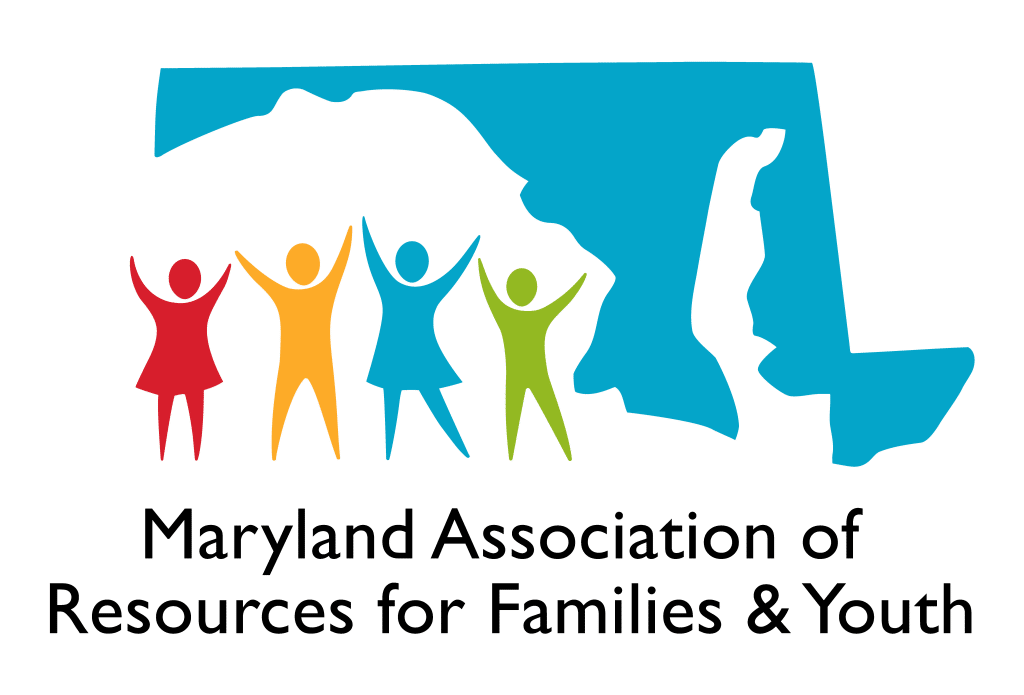By Dr. Gabriela Lemus, Executive Director of Maryland Latinos Unidos
Events of 2020-2021 dramatized and exacerbated the issues and policy challenges that Maryland continues to face in 2022. As Marylanders – we found ourselves managing major crises simultaneously such as the pandemic and unexpected climate events that disproportionately impacted poor, under-served communities.
Prior to Covid-19, as Latinos, we experienced unprecedented growth between 2010 and 2020. Therefore, we must learn as communities to manage and direct the meaning of our rapid growth in the midst of these crises. For the most vulnerable Latinos among us, it is fairly straightforward: securing well-paying jobs, affordable housing, quality healthcare, and access to nutritious meals.
We have been facing significant life-changing events this past two years. The pandemic triggered a recession that analysts expected as a repercussion of the temporary lockdown. What was less expected is that it made the fight for social justice, equity, and overcoming systemic racism and its continuing tragic costs, even more acute, and opened a door for change.
With the passage of the Blueprint for Maryland’s Future, Maryland’s leaders made promises to address challenges faced by young Latinx students in the public school system. We know that the system has not fulfilled its promise for Latinx youth and young adults yet. The Accountability and Implementation Board has been a challenge.
In school systems across the state, there’s a serious risk that vulnerable students will be permanently left behind amidst the chaos and unpredictability of their school experience which can become a considerable barrier to successful career pathways as students get older, especially for English-Language Learners (ELL).
At the same time, in pockets around the state, significant numbers of Latina/o adults with little education, but who possess the desire to succeed, cannot find well-paid work. This is perhaps because their English is poor, their work documentation may be incomplete, or they have limited skills, even in today’s competitive environment. Good jobs that pay a livable wage –meaning, families can access housing, healthcare, and not go hungry– are less prevalent for Latino workers who do not speak and understand English well.
According to the Economic Policy Institute (EPI), Black workers were 65% more likely than white workers to be unemployed in the third quarter of 2021, while Hispanic workers were 52% more likely. A better set of questions to ask might be these: What are employers doing to retain and attract workers? Are they recruiting equally across groups? What can the state and the nonprofit sector do to be helpful?
The crisis of the pandemic is not limited to what is happening today. It will probably be years before we fully appreciate the impact of the pandemic on our mental health. But already, it’s more than apparent in hospital Emergency Rooms, at mental health clinics, at the offices of family doctors, pediatricians, and psychiatrists, and even at eating disorders and rehab clinics.
Unfortunately, a pandemic doesn’t make other issues go away. Despite the economic consequences of lockdowns and ongoing variant threats, there’s been no significant and lasting reduction in global greenhouse gas emissions and other pollutants.
This may not seem to correlate with Latino health any differently from the mass population, but exposure to per- and polyfluoroalkyl (PFAS) –(chemicals used for Teflon)– a prevalent class of persistent pollutants is thought to increase the risk of type 2 diabetes and obesity in youth, especially in young Latina girls who are already predisposed because of a variety of socio-determinants of health and genetics.
Public health, access to care, environmental sustainability and efficiency, jobs and income supports to sustain all families, basic food and nutrition, and housing have reached crisis stages across the state, and concomitantly elevated the needs of Latino children.
In Maryland, these challenges are exacerbated by a lack of representation in important decision-making positions across the state. This has left wide gaps in data and implies a lack of understanding about how to address the many needs of the community.
Intentional, ongoing research and analysis is vital to being able to decide which challenges are most critical to start working on first. We also must build the infrastructure necessary to service this growing population. Communities need businesses. Schools. Public parks. Affordable homes. People need health insurance. Good doctors. Teachers who get it.
What the solutions look like is up to us collectively to decide. And when an opportunity presents itself, we must be prepared to throw our hats in the ring to ensure that we are at the table helping make decisions about our own destinies.
All of this informs the kinds of priorities that MLU is looking for in 2022. Ensuring that funds target the Latino community. Ensuring that there are ample studies done with regards to Latinos in the state of MD and ensuring that county and state governments hire Latinos and Spanish-speakers to support this quickly expanding community. These principles are equal across all issue areas. The lack of resolute and consistent analysis is a challenge at every point.
Moving forward, our policies must address the crises that face us in these and other long-neglected areas, to advance the goals of diversity, equity, and inclusion, so that all Marylanders can share in a prosperous and inclusive economy.






